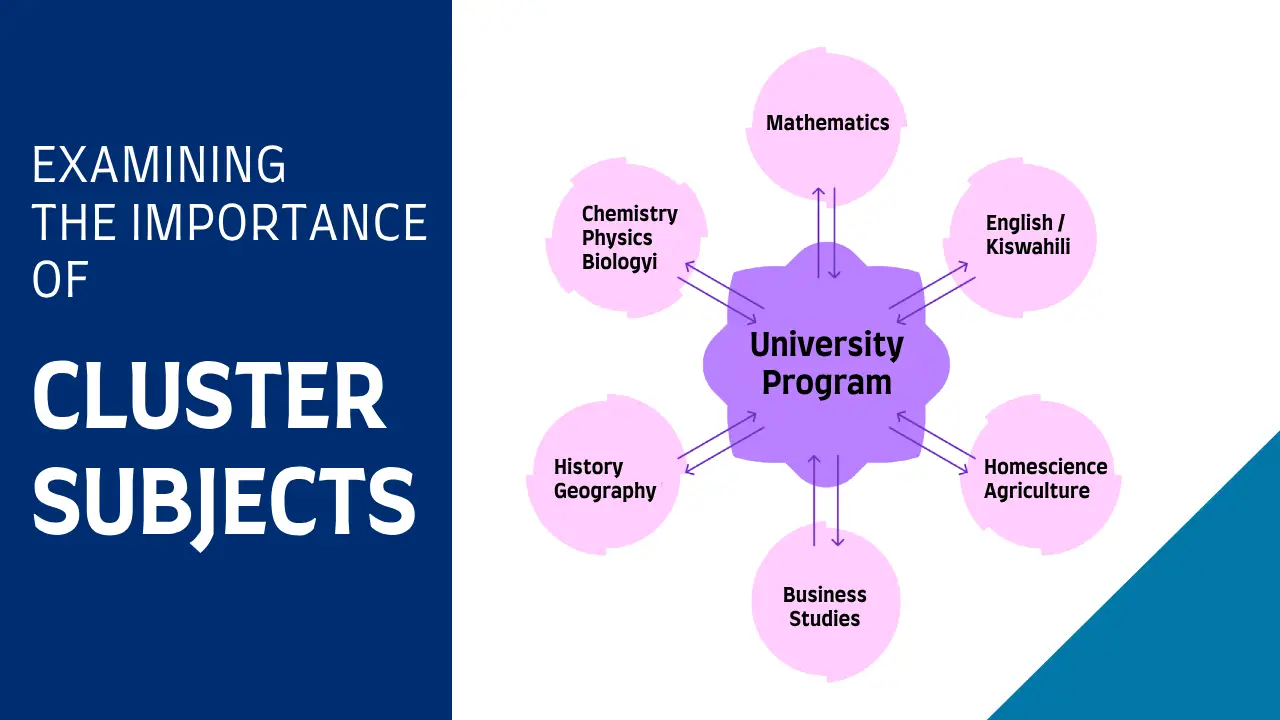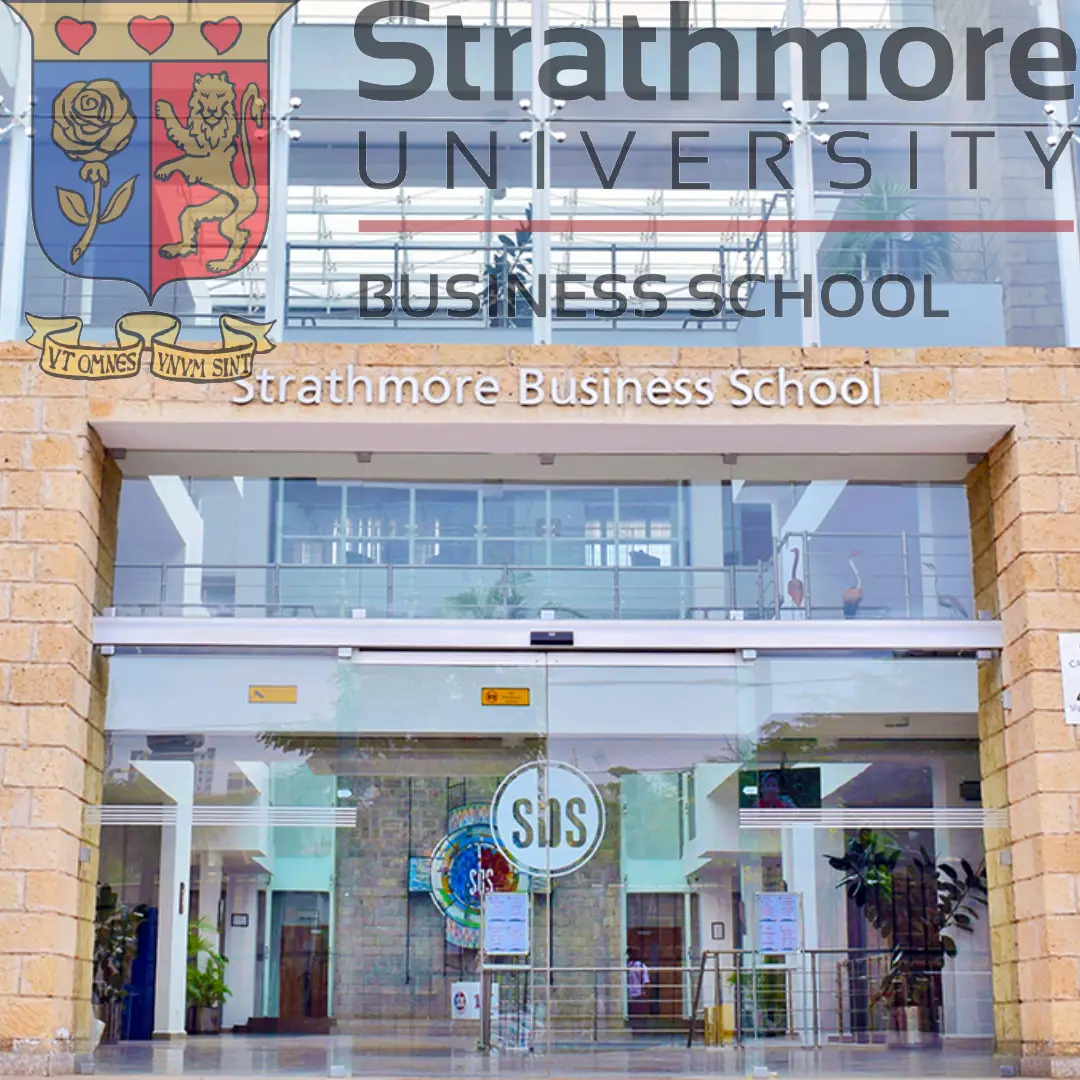
Psychology is the study of the human mind and behavior, offering the chance to explore unanswered questions about the brain, such as how it functions under stress, how it learns language, how it remembers facts, or how mental illness can affect the way it works.
Although it is classified as social science, psychology degrees have elements of both science and the arts. This means that psychology graduates tend to be good all-rounders who possess lots of valuable transferable skills; ranging from critical thinking to communication skills.
A psychology degree is, therefore, a great starting point for a career in both science and the arts, as it equips you with a range of skills and opens up opportunities with a variety of employers.
Some of the highly valuable skills that are gained while studying for a degree in psychology that can be utilised in a number of different jobs include:
- Writing: Psychology degree programmes are mainly assessed through assignments. This means that every piece of work that you submit will receive feedback and advice on your written abilities, thus helping you to improve your everyday writing.
- Critical thinking: Analysis of research and ideas is a key part of studying psychology as you must consider each source and theory that you reference or use. By developing this skill with the help of a tutor and your classmates, you can help to avoid costly mistakes later on in the workplace.
- Reasoning: Applying logic and reason to non-quantifiable studies and theories is a key part of the analysis that?s required as part of a psychology degree. By practicing this regularly through your studies, you?ll develop strong reasoning skills.
- Communication: Whether you are in the workplace or in the classroom, communication is key. Throughout your degree programme, you will develop the ability to communicate clearly and accurately as you interact regularly with tutors and fellow pupils in discussion forums and question and answer sessions.
- Research: Carrying out research is a key part of many careers and the ability to find, collate, and draw conclusions from your research is a valuable one to employers. Luckily for psychology students, this skill is also nurtured and developed in many modules.
- Analysis: A large aspect of psychology study involves developing your own conclusions and arguments based on previous studies and theories. Therefore, without even realising it, you will develop your analytical skills throughout the duration of your psychology course.
- Problem-solving: The ability to logically assess a problem and then produce a solution is a valuable strength that many employers desire. This skill is developed naturally throughout the modules of a psychology degree as each assignment or task poses a particular problem or question to overcome.
- Numeracy: While it might seem that psychology is a purely theoretical science, numeracy and statistics actually play a large role in many of the psychological theories. As you study, you will develop the ability to confidently organise and report on these figures and thus develop this extremely valuable transferable skill.
- Prioritisation: A psychology programme is a demanding course, requiring you to read textbooks, write assignments and interact with fellow classmates. The ability to stay on top of your workload, while also balancing your family and work commitments, will allow you to develop your ability to prioritise and focus on the most appropriate task.
- Data interpretation: Data interpretation is the ability of a person to correctly extract, and analyse meaningful information or data from the various data sources such as charts, tables, graphs, etc. It involves different steps like data requirement, data collection, data processing & data analysis.
- Interpersonal skills: Interpersonal skills are the skills we use every day when we communicate and interact with other people, both individually and in groups. They include a wide range of skills, but particularly communication skills such as listening and effective speaking. They also include the ability to control and manage your emotions. It is no exaggeration to say that interpersonal skills are the foundation for success in life.
- Empathy: Empathy is, at its simplest, awareness of the feelings and emotions of other people. It is a key element of Emotional Intelligence, the link between self and others because it is how we as individuals understand what others are experiencing as if we were feeling it ourselves.
- Social skills: Social skills are used to communicate with others daily in a variety of ways including verbal, nonverbal, written and visual. Social skills are essential in building both personal and professional relationships. Demonstrating strong interpersonal skills can help you accomplish career goals, contribute to company achievements, perform well during the hiring process, expand your professional network and much more.
- Presentation skills: Presentations are an everyday occurrence in today?s workplace. From the interview process to interactions with coworkers, to positioning ideas, and all the way to sales pitches, Presentation Skills are paramount to success in the workplace. By training and practicing their presentation skills, psychology students become more confident and can help move past the anxiety of speaking to an audience.
Career Paths for Psychology Graduates
The majority of students with a bachelor's degree in psychology go on to work in human or social services. Some typical jobs in this field of work are:
- Career Counselor: As a career counselor your goal is to help career-oriented students and job seekers discover their potential. Working as a career counselor you will assist people to perform self-assessments, find careers, make career changes, or in vocational rehabilitation. Not only is being a career counselor fulfilling, but psychology graduates are also uniquely qualified to help individuals in the career discovery process.
- Case Manager: Case managers, also referred to as social and human service assistants, provide advice and counseling to people in difficult situations. They help develop treatment and recovery plans, identify service providers, monitor client progress, and coordinate with other health and human service providers. Not only should case managers have a compassionate heart, they need to be critical thinkers and understand human nature and behavior. Individuals who complete a bachelor's degree in psychology are well qualified to excel as case managers.
- Child Care Worker: Earning a degree in psychology allows graduates to work directly in psychology by becoming a partial care worker in mental health setting such as child care. Childcare workers work in daycare, after-school programs, and other child care settings.
- Laboratory Assistant: Pursuing a career as a laboratory assistant is a great way to put a bachelor's degree in psychology to good use. Laboratory assistants are heavily involved in research and experimental psychology, two subjects covered in my undergraduate psychology programs. Psychology lab assistants often work in government agencies, university psychology programs, and private sector business that studies human behavior.
- Market Researcher: Earning a bachelor's degree in psychology is great preparation for a career as a market researcher. Psychology students are well versed in statistical analysis and scientific methodologies (useful skills when it comes to performing research tasks including collecting and analyzing data, conducting interviews and performing opinion polls).
- Psychiatric Technician: While an undergraduate degree in psychology does not qualify graduates for a career as a psychologist, it does prepare them to work in the field of mental health and human services. A few job positions available to undergraduate psychology majors include mental health technician, social work assistant and psychiatric technician.
- Rehabilitation Specialist: Rehabilitation specialists assist people struggling with physical and mental disabilities to reintegrate into society, become self-sufficient, and live on their own. While this position often requires a master's degree, a bachelor's degree in psychology is also adequate preparation for this career.
Interestingly, about three-quarters of students who earn a bachelor's degree in psychology do not end up working in psychology, or a closely related field. Notwithstanding, psychology undergraduates can become some of the most successful professionals.
As a Psychology graduate, you will have lots of different possible careers open to you. The list below highlights some of the alternate career paths suitable for psychology graduates:
- Marketing: Marketing jobs require you to get inside the head of a target audience. Understandably, Psychology graduates are in-demand in marketing, because of their ability to provide valuable insights into human behaviour and human interaction. Graduate marketing jobs will also often involve a lot of research and campaign analysis; all skills which will have been honed on a Psychology course.
- Human Resources: To work in HR, exceptional people skills, and an understanding of human interaction are absolutely necessary. HR roles tend to also require good organisational skills, empathy, and communication, in order to resolve conflicts, liaise with employees, and report back to senior stakeholders. The skills learned on a Psychology course are strikingly similar; and graduate employers will often value Psychology graduates particularly highly when looking to fill HR roles.
- Recruitment Consultant: Psychology undergraduates will often possess good interpersonal and communication skills; making them a great match for graduate jobs in recruitment. They will also tend to have a good understanding of human behaviour, a key part of succeeding in recruitment.
- Sales / Business Development: The same skill set that is important in recruitment jobs also applies to graduate sales jobs. For employers looking to hire sales candidates, the ability to understand other people, and what they want is a highly valuable skill. So, if you?re preparing for your sales job interview, remember to speak about how well your degree course equips you for this aspect of the job.
- Market Researcher: For someone who has earned an undergraduate Psychology degree, research will have placed a huge part in their qualification. A graduate job as a Research Associate or Research Analyst may be a great choice for a Psychology graduate; and is necessary for every industry, from technology to medicine.
- Advertising: Advertising careers often involve developing persuasive advertisements and researching a target audience to create product messaging. Psychology graduates are a good fit for just about any advertising career as the science of persuasion and research are major topics of this undergraduate major.
- Sales Representative: A bachelor's degree in psychology helps students acquire a variety of interpersonal communication skills that uniquely qualify them for both sales and marketing positions. Prospective employers like the fact that many psychology graduates are well-spoken and are able to communicate effectively. They also have a good understanding of human behavior, which is an essential quality of top sales representatives.
- Social Service Specialists: Social service is a hot spot for psychology graduates seeking career opportunities. Professionals with a bachelor's degree in psychology can find jobs in various social service sectors including non-profit organizations and government agencies. Those who pursue a career in social service provide community support, direct client counseling and various case management services.
- Teachers: Earning a bachelor's degree in psychology and a teaching certificate is a great combination for becoming a teacher. Psychology undergraduates can find jobs teaching at elementary schools, middle schools or high schools. They may teach various subject matters, including psychology.
- Writer: Completing a bachelor's degree in psychology typically requires a lot of writing. In fact, psychology is one of the most writing-intensive programmes next to English. Psychology graduates are well prepared for a number of writing careers including technical writers, newspaper reporters, and advertising copywriters.










